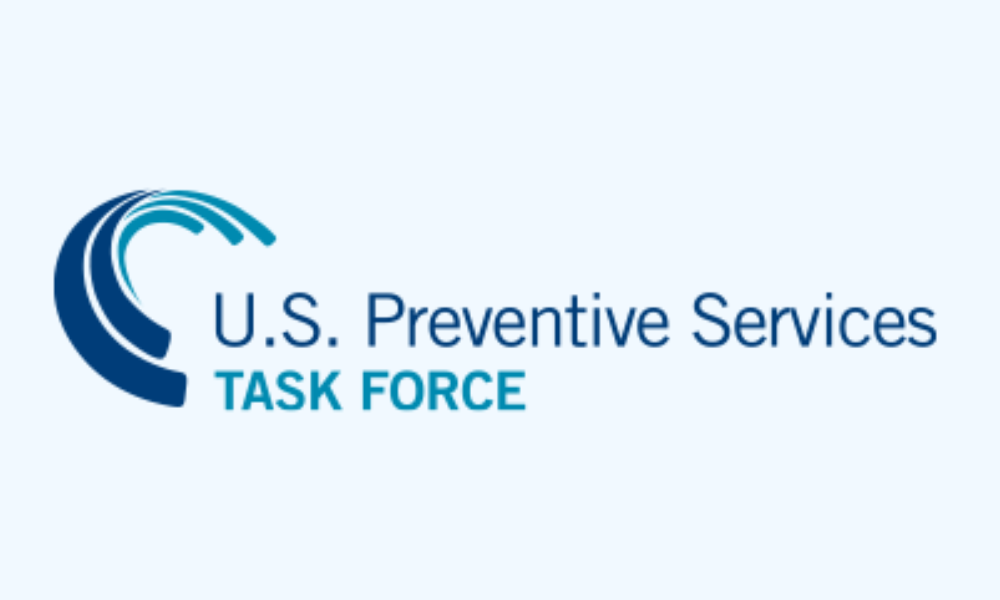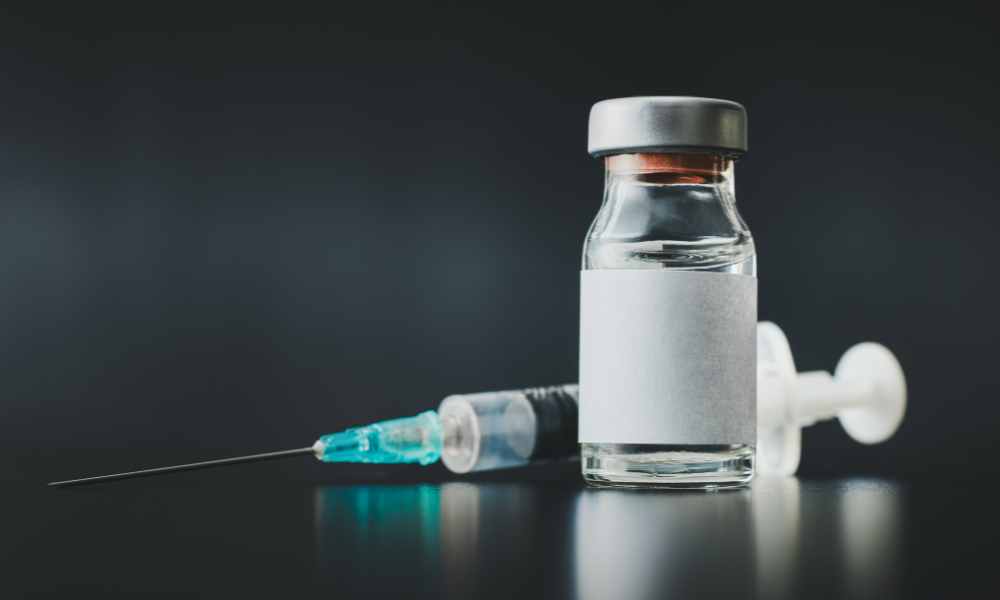Fast facts about Herpes (Herpes Simplex Virus)

Herpes is a very common viral infection caused by herpes simplex virus (HSV). I can cause sores on the mouth or face or in the genital area. Herpes cannot be cured, but it can be treated.
HHS Recognizes Herpes as a Priority in the STI National Plan

The STI National Plan has now been amended to add genital herpes as a priority.
Diagnosing and Managing Genital Herpes: A Two-part Conversation with Terri Warren, RN, ANP

In this two-part episode of ASHA’s Sex+Health podcast, Terri Warren, RN, ANP explains many approaches to diagnosing herpes as well as strategies to effectively manage herpes in a relationship and deal with the emotional aspects of the diagnosis.
Task Force Decides Against Routine Herpes Screenings

The U.S. Preventative Service Task Force (USPSTF) has advised against routine screening for herpes in adolescents, adults, and pregnant women.
ASHA Survey Shows Many Herpes Patients Diagnosed Incorrectly

Think you can tell that a rash or sore is a genital herpes infection just by looking at it? If you said “no,” you’re right. You can’t. And neither can your healthcare provider.
Herpes Vaccine Research

There are currently both preventive and therapeutic vaccines under development. While the primary focus is on HSV-2, the primary cause of genital infection, HSV-2 vaccines may also have benefits in preventing or treating HSV-1 infection.
Herpes Support Groups

Support groups provide information and allow participants to share experiences, fears, and feelings with others who are concerned about herpes.
Herpes and Relationships

The best way for couples to deal with herpes is to talk about it openly and make decisions together. So what’s the best way to start the conversation?
Emotional Issues with Herpes

Herpes may raise strong emotional issues, especially in the first few weeks or months after a diagnosis. Some people initially feel embarrassment, shame, anger, or depression. The good news is that these emotions tend to fade away over time. Some studies have shown that even six months can make a difference in adjusting to herpes.